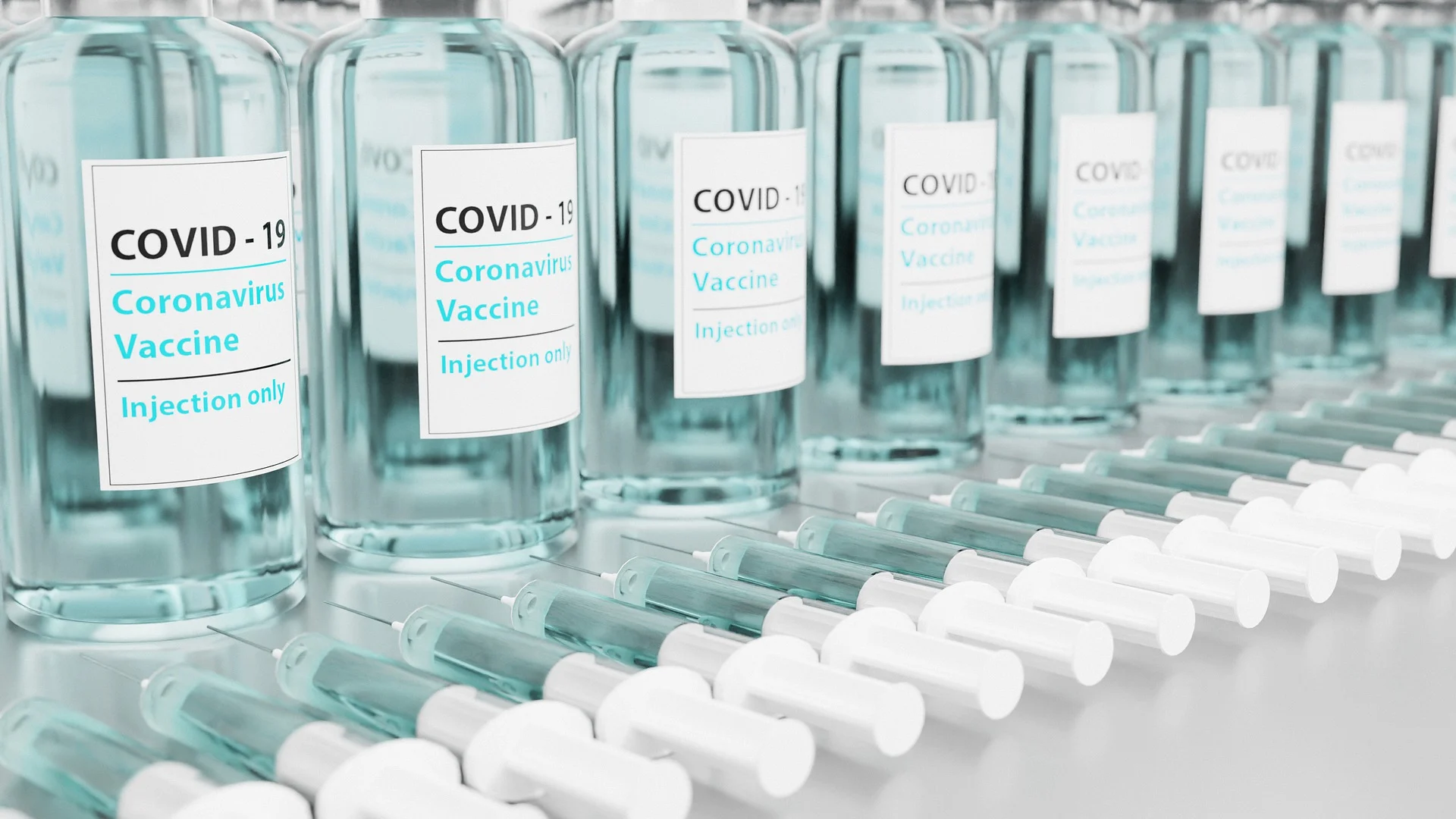
How will compo for vax reactions actually work?
Published on July 23, 2021 by Bill Madden and Tina Cockburn
This article was first published on the Australian Doctor Website.
Read the original article here https://www.ausdoc.com.au/news/will-greg-hunts-vaccine-compensation-scheme-work
The COVID-19 vaccination compensation scheme offers welcome reassurance for patients, but questions remain.
THERE has been a lot of talk during recent weeks about support and compensation for those harmed by COVID-19 vaccines.
In an move to reassure Australians, earlier this month, Minister for Health Greg Hunt unveiled the Federal Government’s COVID-19 Vaccine Claim Scheme.
Given that (at the time of writing) there have been 37 confirmed cases of thrombosis with thrombocytopenia syndrome following administration of the AstraZeneca vaccine, it’s important to note it will be backdated to the start of the national vaccine rollout which began on 22 February this year.
However, it may not last forever. There appears to be a sunset clause, as its existence will be linked to the Human Biosecurity Emergency Period under the Biosecurity Act 2015.
The benefits of what the government is doing are obvious.
It may help reduce vaccine hesitancy, and as a matter of social policy, it aims to assist those who do experience the rare adverse reactions.
What are the legal issues?
Let’s look closely at some of the words and phrases used in Mr Hunt’s statement to the media.
“In the event someone suffers a significant adverse reaction, causing injury and economic loss because of vaccination, the scheme will help guide potential claimants through a no-fault claims process scheme,” it reads.
“Proven claims will be able to receive appropriate compensation without … formal court processes.
“Potential claimants accessing the scheme will still have the option of pursuing action through a court judgement if that is their preference.”
What do those innocent-looking phrases mean to a lawyer?
Significant adverse reaction
What is significant? Presumably, not just being unwell for a couple of days. Probably a reaction that leads to injury (perhaps not permanent) and economic loss (loss of income).
Because of vaccination
This ‘causation or coincidence’ question can become a major issue. Not everyone who becomes unwell soon after a vaccination will do so as a result of the vaccine. In the UK, it is estimated that more than 65% of vaccine compensation claims fail because of causation not being established.
No fault
Under a no-fault scheme, it is not necessary to establish negligence or fault on the part of the health professional who administers the vaccine.
Proven claims
This is potentially a broad topic. The claimant will presumably need to prove they had a qualifying vaccine, had a significant adverse reaction caused by the vaccine and, as a consequence, experienced injury and/or economic loss.
The usual legal standard of proof is “on the balance of probabilities”, but other mechanisms do exist. In the National Redress Scheme for child abuse compensation, for instance, a lower standard is used: reasonable likelihood.
Appropriate compensation
What is deemed appropriate compensation may give rise to some debate given the extent of the possible harms.
Under the UK vaccination compensation scheme, there is an upper limit on compensation of $220,000.
Compensation should be based on need, but will a means test apply?
Will Centrelink benefits suffice for loss of income, for example? Will there be some compensation for illness and mental distress?
Will compensation be provided to dependent children in the rare circumstance that a parent dies?
What of the providers?
There are other questions that need addressing, including who is covered under the proposed scheme.
Unsurprisingly, the vaccine must be a COVID-19 vaccine approved for use by the TGA; that seems clear enough.
But the issue around who provides the vaccine and whether they are covered is a little less clear.
Mr Hunt says the scheme will support claims made against privately practising health professionals who provide a COVID-19 vaccine.
We doubt that the wording was intended to exclude health professionals who are not in private practice, such as those working for hospitals.
As for which patients can claim under the no-fault scheme, we don’t know yet.
Everyone who obtains vaccination in Australia seems the easiest answer, but perhaps the scheme will only include Australian citizens, permanent residents and some special visa holders; similar to the NDIS.
We don’t know if it will extend to Australians who obtain approved vaccines overseas in order to return to Australia.
The question about the preservation of common law compensation for individuals is also important.
Mr Hunt has made clear that traditional ‘common law’ compensation rights will be preserved for those who do not want to claim under the no-fault scheme or are unable to do so.
This is again a similar approach to the National Redress scheme for child abuse compensation.
It means that individuals can still make compensation claims through the civil courts.
So what’s next?
Details of the COVID-19 Vaccine Claim Scheme will be finalised in consultation with peak bodies, indemnity insurers, patient groups and states and territories.
Given that part of its aim is to encourage more people to be vaccinated, we expect that the finalisation phase will be quite quick.
